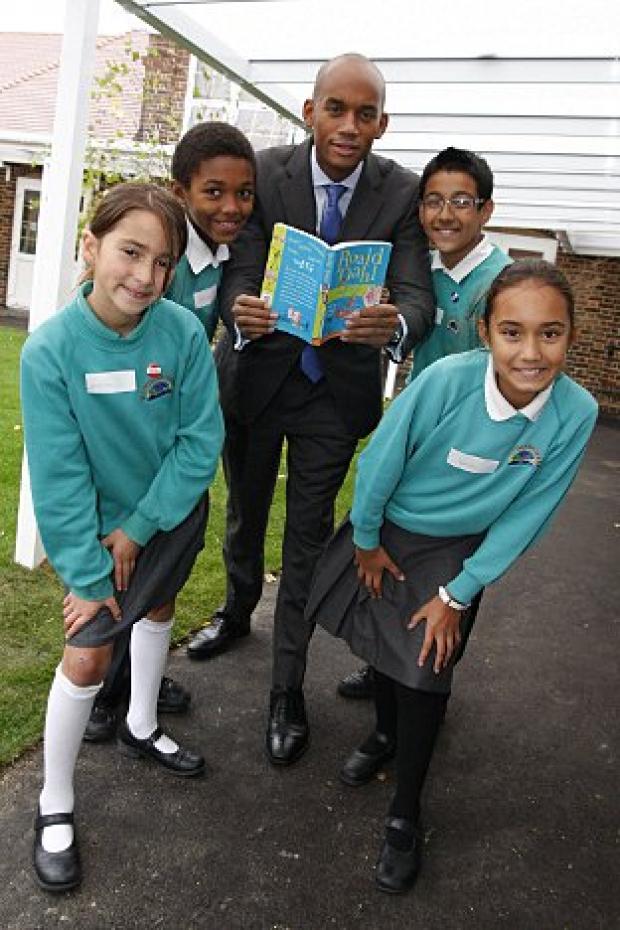
1) 1:1 reading - Every child has the opportunity to read independently to an adult in the classroom. The children are given levelled books according to their reading ability. These books are taken home, so that the children can read and discuss the book with an adult.
2) Guided Reading - Children work in a focus group, led by the Class teacher, Teaching Assistant or EYE. Similarly to 1:1 reading, the books are chosen according to the children's ability. The texts are then read as a group and the children are asked reading comprehension questions to elicit their understanding of the text. Children from Year 2 onwards have their own workbooks to complete in Guided Reading sessions, to show that they can independently complete questions, using evidence from the text.
3) Storytime - At the end of each school day, the class teacher reads a class text to the class. This is to model reading strategies to the class and to also provide children with the opportunity to listen to other's read, in order to develop their own reading.
4) Library - Every week, each class has a timetabled slot to go into the school library. In this time, they choose their own book and are given the opportunity to read this quietly in the library. We are very priveleged to have our own library at Woodmansterne Primary School and encourage children to 'read for enjoyement'.
Children should read both fiction and non-fiction in order to broaden their understanding of different genres. As well as reading their home-school reading book and library book, children could also read recipes, instructions in board games, children's newspapers or online websites such as FIRST NEWS and CBBC NEWSROUND, comics and magazines.
At Woodmansterne Primary School, we strongly believe that 'Great Readers make Great Writers', so it is very important that children both at school and at home have the opportunity to read daily. Please use the Key Questions that are in your child's home reading wallet to ask your children comprehension questions to elicit their undestanding of the text they are reading.
No comments:
Post a Comment